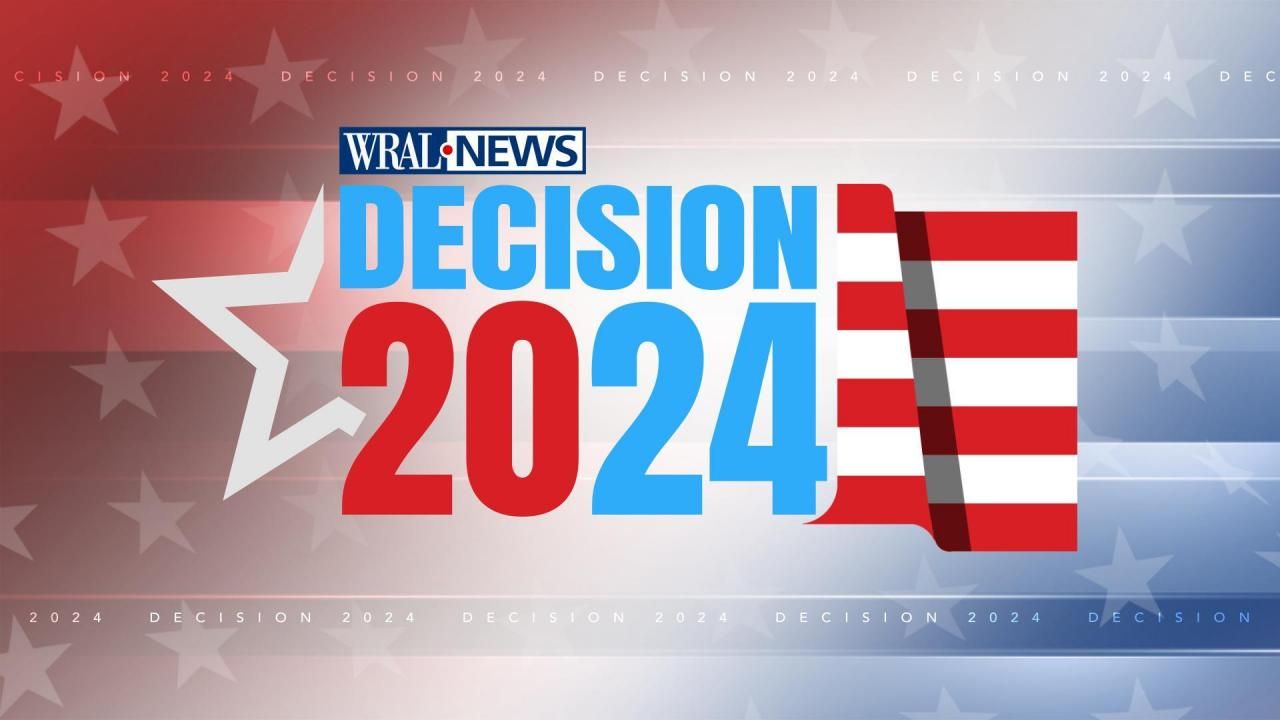'Mark Rottenson' website uses controversial techniques to lampoon GOP candidate

If the highly produced website and series of new billboards dotting the state are to be believed, there’s a new contender for governor in North Carolina: Mark Rottenson.
But they’re not to be believed. It’s all fake, a parody of Lt. Gov. Mark Robinson, the front-runner to win the Republican Party’s nomination for governor in Tuesday’s GOP primary. The website and billboards lampoon Robinson over his history of controversial statements about women, Jews, LGBTQ people and school shooting survivors.
They’re also just the latest example of one party’s deep-pocketed donors meddling in the other party’s primaries. On the other side, conservative groups have spent hundreds of thousands of dollars — at least — trying to influence Democratic primary elections for attorney general and two key state legislative seats, WRAL previously reported.
While those groups have been tight-lipped about their efforts, liberal activist Todd Stiefel is anything but. He said he has been toying with the idea of what he described as political comedy for over a year now, and he thinks satire is the way to get the attention of voters who aren’t already plugged into state politics. He plans to spend at least $1 million on the “Mark Rottenson” campaign, he said in an interview.
“The goal is to stop Mark Robinson and other extremists from winning elected office,” he said. “And the best way to beat Mark Robinson is to start this week, when people are paying attention.”
Robinson’s campaign strongly criticized the website, which mixes real quotes with fake ones in its efforts to satirize him.
“This is a typical Democrat smear campaign,” Robinson spokesman Michael Lonergan said in an email. “[The state Democratic Party] recruited one of their deep-pocketed donors — a far-left, anti-religious activist crusading against Americans of faith — to attack Mark Robinson. Stiefel’s low-rent website is full of fake clips and outrageous lies. North Carolina voters will see right through it.”
Tommy Mattocks, a spokesperson for the North Carolina Democratic Party, said the state party had no knowledge of or involvement in Stiefel’s project.
Stiefel said he’s well aware that polls show Robinson is the strong favorite to win the Republican Party primary on Tuesday. He’s under no impression that his efforts will sway many GOP primary voters. He’s already looking ahead to the general election, he said — particularly people who are undecided on who to vote for, or whether to vote at all.
“Our political system is broken right now,” Stiefel said, adding: “I think we can use comedy to be more effective than typical Super PAC advertising. I think we can make politics more fun for people. And people will be more likely to pay attention if it’s entertaining.”
The Rottenson website also uses artificial intelligence to create a voice that sounds like Robinson’s, reading fake quotes from a pretend memoir.
The state and federal governments have been warning voters about the rise of AI in elections this year, warning about possible use by campaigns, activists or even foreign governments to spread misinformation.
“Being an informed electorate just got a lot harder,” Amanda Sturgill, an Elon University journalism professor, told WRAL last year for a report on AI and deepfakes in politics.
Democratic Attorney General Josh Stein is the front-runner in the Democratic Party's primary for governor; he and Robinson are widely expected to face off against one another in November. And while Stein has been highly critical of Robinson in the past, his campaign took Robinson’s side in criticizing the “Mark Rottenson” push for its use of AI.
“The attorney general has worked tirelessly to protect consumers from AI scams, and any use of AI to mislead voters is unequivocally wrong and has no place in this campaign,” Stein campaign manager Jeff Allen said in an email.
Stiefel defends his use of AI to fake Robinson’s voice, saying he considered the ethics — and sees a big difference between using AI to try to trick voters, versus using it for satire.
“I certainly do not want to trick voters with deceptive advertising,” Stiefel said. “We specifically went with a parody name for him, to make it clear this is not a real guy.”
With a book review purportedly written by the ghost of the Unabomber and a campaign platform calling for arming kindergartners to stop school shootings, as well as numerous legal disclaimers throughout, the website is clearly a fake — if that wasn’t already obvious from the photos of Robinson, in his “Rottenson” persona, sporting a cartoonishly oversized twirled mustache in the style of Snidely Whiplash, the Rocky and Bullwinkle villain.
The website has been up for a few days; the billboards went up Thursday just after midnight. Two mobile billboards will also rove around Raleigh and Durham promoting the campaign. Stiefel said that in the coming months, more politicians could find themselves lampooned by his group — called Americans For Prosparody, an intentionally misspelled play on the conservative group Americans For Prosperity.
“This is going to keep going through November,” he said. “This is just Step One.”














